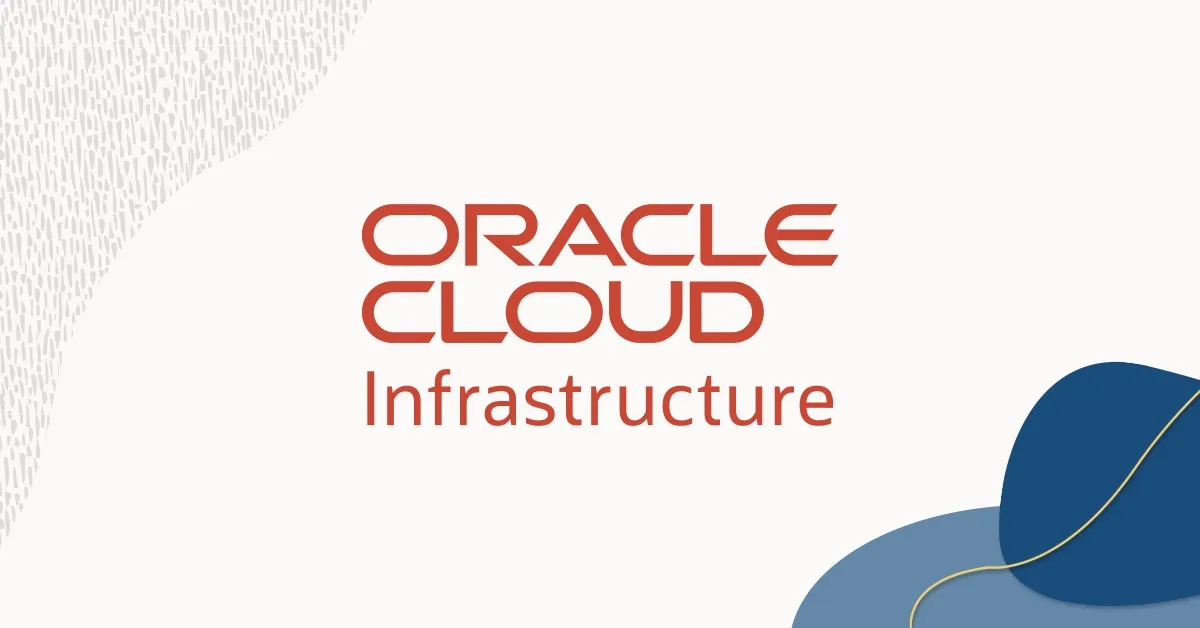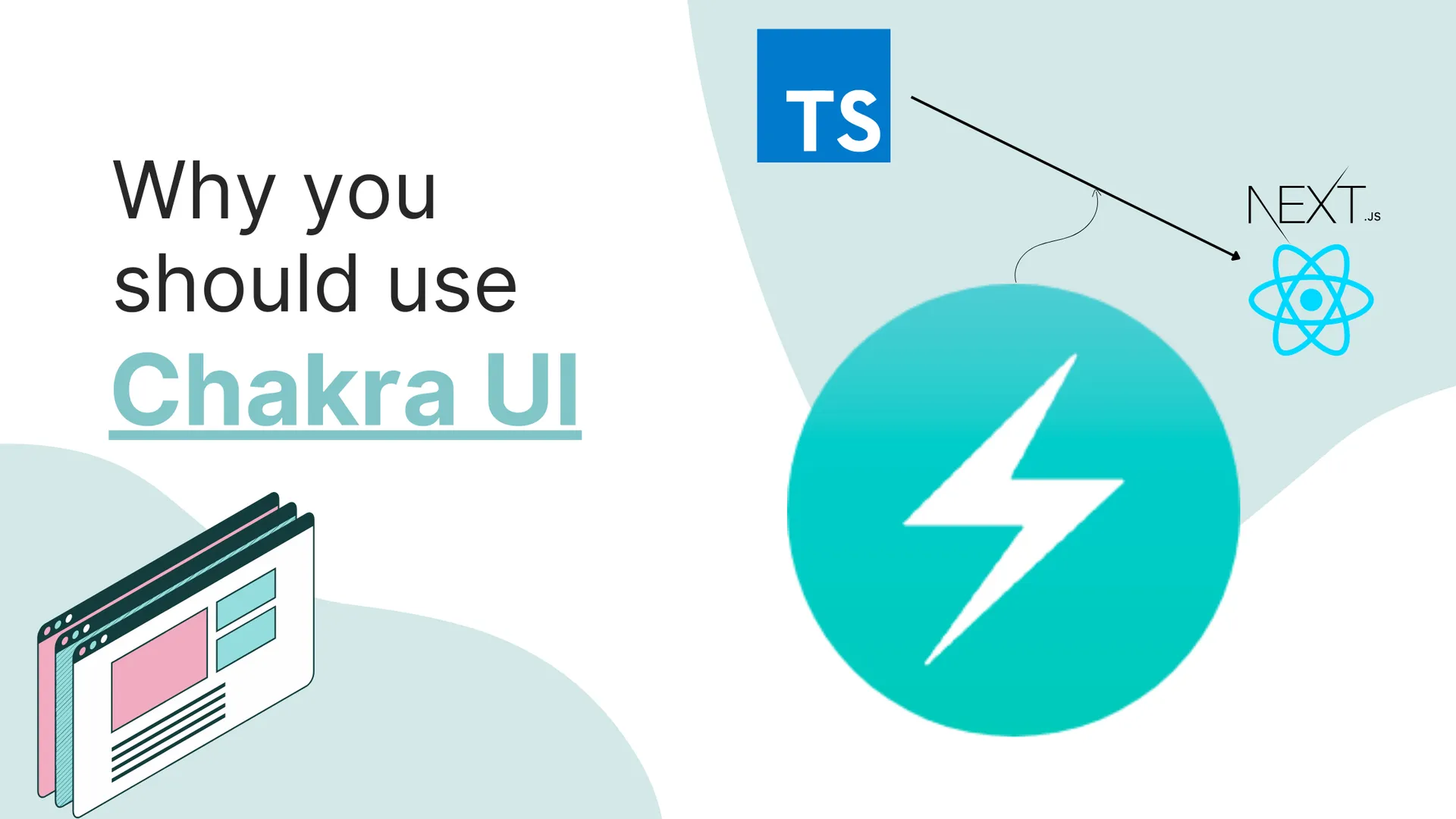Beginning November 28, 2022, Heroku, one of the most popular go to choice used by developers to host their apps, announced that it would be shutting down its free tier.
The Platform-as-a-Service (PaaS) provider’s free tier used to provide a generous 550 hours of dyno uptime which could be easily extended to 1000 hours with a verified credit card.
Even though these dynos shut down after 30 minutes, it could be resolved by various methods to keep Heroku apps awake, thus becoming the easiest way to host software projects for free.
The free tier shutdown news left many developers in search for alternative hosting platforms that could provide a similar API and website hosting services free of cost. As a result, I have compiled a list of the top 9 free Heroku alternatives to use in 2023.
If you are interested in watching a video format of this article, check this out:
While there are many hosting platforms available in the market, these carefully selected services provide the best options for developers to host their Frontend/Backend applications, APIs, Servers, etc.
These alternatives offer features similar to Heroku, such as support for multiple programming languages, easy deployment, and scalability. So whether you are a seasoned developer or just getting started, keep reading to discover the top free Heroku alternative hosting platforms:
1. Deta
Deta space is a relatively new comer to the market but their offerings make them top our list. You can host both static and dynamic content within minutes.
Whether it be building frontend or backend applications with any technology, Deta has got you covered with their infrastructure they call as the “Personal Cloud”.
Pros
- No credit card verification required.
- Easy project deployments through their CLI application.
- No limits on the number of builds / deployments.
- Support for any kind of technology/framework to build your application.
- Free hosting for Node.js / Rust / Go / Custom backend apps as well as SvelteKit / Next / Static Apps.
- Free application uptime throughout the month.
Cons
The pros far outweigh the cons of Deta making it the best choice for developers to host their projects and applications and move away from Heroku.
- Deploying on Deta requires initial project configuration and setup changes.
- Resource usage limits are generous but may not be sufficient for everyone.
2. GitHub Pages
GitHub Pages is a free web hosting service provided by GitHub. You can easily create and host static websites served directly from your project’s GitHub repository.
It offers a simple and efficient way to serve static websites built with HTML, CSS, and JavaScript.
It also supports popular website generators such as Jekyll, Hugo, Gatsby, etc. You can also use custom GitHub Actions to create your own publishing pipeline in a matter of minutes.
GitHub Pages provides support for custom domains, HTTPS encryption, and easy integration with other GitHub features such as Git version control and issue tracking all for free!
Pros
- Free web hosting for static websites.
- Easy integration with other GitHub features.
- Support for popular static site generators.
- Simple and intuitive user interface for creating and managing websites.
- Ability to collaborate with other developers on the same repository and website.
- Good performance and reliability due to GitHub’s infrastructure.
Cons
- No support for dynamic websites or web applications.
- No support for server-side scripting or database integration.
- 1 GB storage and 100 GB monthly bandwidth soft limit on the free tier.
- Not suitable for websites that require higher levels of security or scalability.
This service is perfect for those who want to showcase their side projects, blogs, or portfolios without the need for complex infrastructure or hosting setups.
3. Oracle
Oracle Cloud’s free tier has been a game changer recently. The Always Free services provide unmatched resources for developers to build and deploy their apps, without worrying for usage limits.
Pros
- Reliable services from Oracle.
- Host any kind of applications.
- VMs stay up indefinitely — No fret about downtime.
Cons
- Requires credit card verification to begin usage.
- Platform complexity makes it not so easy to use.
- Manual configurations required for deployment.
- Overkill for small / medium projects.
4. Cloudflare Pages
Cloudflare Pages is a part of the numerous services provided by Cloudflare for building and deploying static websites, APIs, and applications.
It provides a simple way for developers to create high-performance websites that are scalable, secure, and easily integrated with other Cloudflare services.
Whether you are building a personal blog or a complex web application, Cloudflare Pages offers a range of features and benefits that make it a great choice for web development.
Pros
- Free web hosting for static and dynamic websites, including unlimited bandwidth and custom domain support.
- Full stack support with serverless functions using Cloudflare Workers.
- Unlimited preview deployments for your projects!
- Support for redirects and headers for files.
- Automatic SSL encryption and security features, including DDoS protection and firewall rules.
- Easy integration with popular Git-based version control systems like GitHub, GitLab, and Bitbucket.
- Support for popular web frameworks like React, Next.js, Vue.js, Angular, etc.
- Fast and reliable global content delivery network (CDN) powered by Cloudflare’s infrastructure.
Cons
- 500 builds per month hard limit.
- A maximum of 20,000 files per deployment where each file should be less than 25 MiB.
- Complexity for developers who are not familiar with serverless architecture or the Cloudflare ecosystem.
- No built-in database support, although these can be integrated with third-party services.
- Limited support for legacy web technologies or platforms that are not Git-based.
This service is the most suited for those who already use Cloudflare services with their existing websites and are looking to migrate to a different hosting platform.
5. Vercel
Vercel is a cloud-based platform that provides users with the most modern UI/UX to deploy their websites and applications within minutes. It is focused on providing an easy-to-use solution for building and deploying websites and applications.
It has become a popular choice among developers who are looking for a platform that can offer serverless deployment, scalability, and performance. With Vercel, developers can easily deploy their code and enjoy fast loading speeds, excellent scalability, and reliability.
Pros
- Best for Next.js powered projects.
- Easy to use dashboard built for fast deployments.
- Automatic serverless deployment and scaling using its cloud infrastructure and CDN.
- Easy for developers to handle traffic spikes and scaling needs.
- Extensive library of plugins and support for integrations, and add-ons.
- Excellent documentation and community support.
- Vercel Sponsorships for open-source projects.
Cons
- Vercel’s free plan has various limitations.
- Although it supports popular web frameworks like Next.js and Nuxt.js, it is not the best choice if you require more flexibility and control over your stack.
- It is a cloud-based platform, which means that developers do not have complete control over the underlying infrastructure and environment.
- Vercel’s recently launched serverless storage solutions are relatively new.
6. Railway
Railway is like a copy of Heroku but with slight differences. The platform’s UX is top notch, and their pricing and restrictions are good enough to make it a viable Heroku alternative.
Pros
- Platform experience is very similar to Heroku with the UI being very modern.
- Deploy any kind of API / website tech stack.
- Great documentation to get started with.
- Easy integration with GitHub to deploy your repository.
- All plans include preview environments for each PR, Multiple custom domains with SSL, deploy from any GitHub repository, etc.
- Built-in database integrations.
Cons
- Limited resources without credit card verification. Once verified, it is generous enough to sustain small / medium scale projects for free.
- Even though they bill for resource usages by the minute, it can become expensive quickly if you pass the limits.
7. Render
Render is a powerful cloud platform designed to simplify the process of building, deploying, and scaling websites and applications. It has gained popularity among developers due to its ease of use, reliability, and robust set of features.
Pros
- Render offers a generous free tier with ample resources, including free SSL certificates and custom domain support.
- Automatic scaling and zero-downtime deployments, ensuring your website or application can handle traffic spikes and updates without interruption.
- Support for a wide range of programming languages and frameworks like Node, Python, Go, Rust, PHP, Elixir, Docker, etc.
Cons
- Render deletes Free tier PostgreSQL databases after 90 days from creation, making their database services unusable without paying a fee.
- May become expensive for scaling.
8. Cyclic
Cyclic is designed to streamline your DevOps workflows and revolutionize the way you approach continuous integration and deployment. With Cyclic, developers can harness the power of automation to build, test, and deploy their applications effortlessly.
Pros
- Apps on Cyclic do not sleep even on the free tier.
- Cyclic’s smart caching technology delivers the best performance globally.
- Features its cron jobs technology with 1 second precision triggering.
- Easily scalable.
Cons
- As of now, Cyclic supports JavaScript, TypeScript, and Python runtimes only.
- Good for APIs but not for other types of projects.
9. Fly.io
Fly.io is an edge computing platform that empowers developers to optimize their applications for lightning-fast performance and global delivery.
Pros
- Fly.io features a vast network of edge servers strategically placed around the world to bring your applications closer to your users.
- Generous free allowance to run small scale apps.
- Supports many languages and frameworks like Go, Crystal, RedwoodJS, Python, Ruby, Deno, etc.
- Seamless traffic shifting and canary deployments to roll out updates gradually, ensuring a smooth transition while minimizing the risk of errors or downtime.
- In depth migration from Heroku guide.
Cons
- The learning curve to use Fly.io can be steep.
- Better alternatives exist to host small scale apps.
Notable mentions
- Netlify and Firebase are also great tools to deploy basic frontend apps for free.
- If you need finer control over your stack, AWS / GCP / Azure are the leading cloud services.
Conclusion
I hope this comprehensive list of 9 hand picked Heroku alternatives that you should be using in 2023 helps you evaluate your options for deploying your backend APIs and frontend applications.
Did I miss any great option? Leave a comment below to start a discussion.
Thank you for reading so far!
![9 Hand Picked FREE Heroku Alternative Hosting Platforms [2023]](https://ik.imagekit.io/genicsblog/tr:w-1920,h-1080,f-webp/https://github-production-user-asset-6210df.s3.amazonaws.com/46792249/248472961-50430fff-be12-42ad-b556-77827be62fc0.jpg)















